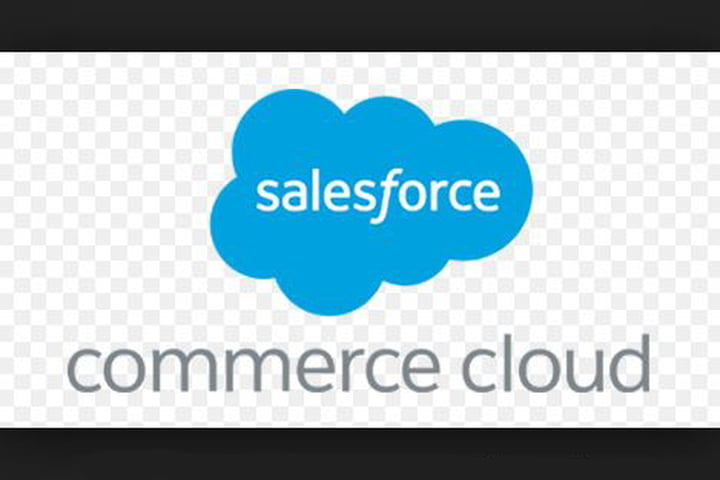

Looking to make a splash at the big National Retail Federation conference in New York City on Jan. 14, Salesforce previewed a major update to its Commerce Cloud platform set for general availability in the first half of this year. A beta version of the service is now available.
The Salesforce Commerce Cloud platform includes APIs, platform services and developer tools that give companies the ability to embed “intelligent commerce experiences” in every aspect of the shopping experience.
“Our platform lets you go from clicks to code with easy-to-use templates so you can do things like give your commerce app Alexa skills [i.e., voice recognition integration with Amazon’s popular intelligent assistant],” Mike Micucci, CEO of Salesforce Commerce Cloud, told eWEEK.
Voice UI Becoming a Standard Feature
One early customer, fashion retailer Perry Ellis, has already taken advantage of the voice features.
“With Salesforce, Perry Ellis launched the ‘Ask Perry Ellis’ Skill, a voice-activated personal stylist powered by Amazon Alexa to provide fashion assistance and connect the shopper to the right outfit at the right time,” Vincent Panzanella, vice president of marketing and communications at Perry Ellis, said in a media advisory.
Another key feature of the platform update are advances in Salesforce’s Einstein AI software. A new Einstein Recommendations API (application programming interface) lets merchants quickly integrate Einstein-powered product recommendations beyond their e-commerce site, offering intelligent recommendations in mobile apps and across marketing and customer service channels.
With the new Einstein Visual Search, shoppers will be able to “snap and search” for products using images, not text. For example, shoppers can take a photo or screenshot from their mobile phone to search for the product at a Commerce Cloud-enabled site or see the most relevant option available based on the image uploaded.
In a demonstration for eWEEK, Micucci uploaded a photo of the cold weather puffer jacket he was wearing and the commerce app showed where you could buy it, including the store address.
Real-Time Inventory Results at Scale
Micucci emphasized that Commerce Cloud offers inventory results at scale.
“You might have inventory across the United States in stores, distribution centers and warehouses,” he said. “We do this at scale, meaning the system can handle tens of thousands of requests and the customers don’t have to program anything to make it scale. It can handle millions of requests per minute and allocate inventory.”
The scalability of the system also means companies can launch programs like browse by store or buy online, pick up in store as well as support high-volume requests that can occur during spike periods like flash sales and holidays.
Spalding, another early Commerce Cloud customer, is using the platform to offer more personalized customer engagement.
“We re-launched Spalding.com with Commerce Cloud’s Storefront Reference Architecture and launched U Design, an experience that enables customers to laser-engrave their favorite NBA team logos and personal text on the products, resulting in immediate, exponential improvement in ecommerce conversion,” Matt Day, digital marketing and e-commerce manager for Spalding, said in a media advisory. “With Commerce Cloud, we can deepen our relationships with our customers by connecting them to products, information and unique experiences.”
Central Commerce Platform to Manage Customer Engagement
Beyond specific features, Salesforce said the new Commerce Cloud functions as a central commerce platform designed to streamline distribution and availability issues. Retailers currently use as many as 39 different disparate systems to manage customer engagement (which includes point-of-sale, mobile, call center, email marketing and social media), according to research by Salesforce and Deloitte. With Commerce Cloud the aim is to keep the engagement and sale a unified experience so the customer doesn’t have to switch to another channel to complete the transaction.
Salesforce said it has over 100 consulting partners across the world that support integration and ecosystem efforts for building unique customer experiences powered by Commerce Cloud, including Deloitte Digital, Accenture, Capgemini’s LYONSCG, Publicis.Sapient, OSF Commerce, Astound and PixelMEDIA.
[“source=eweek”]

